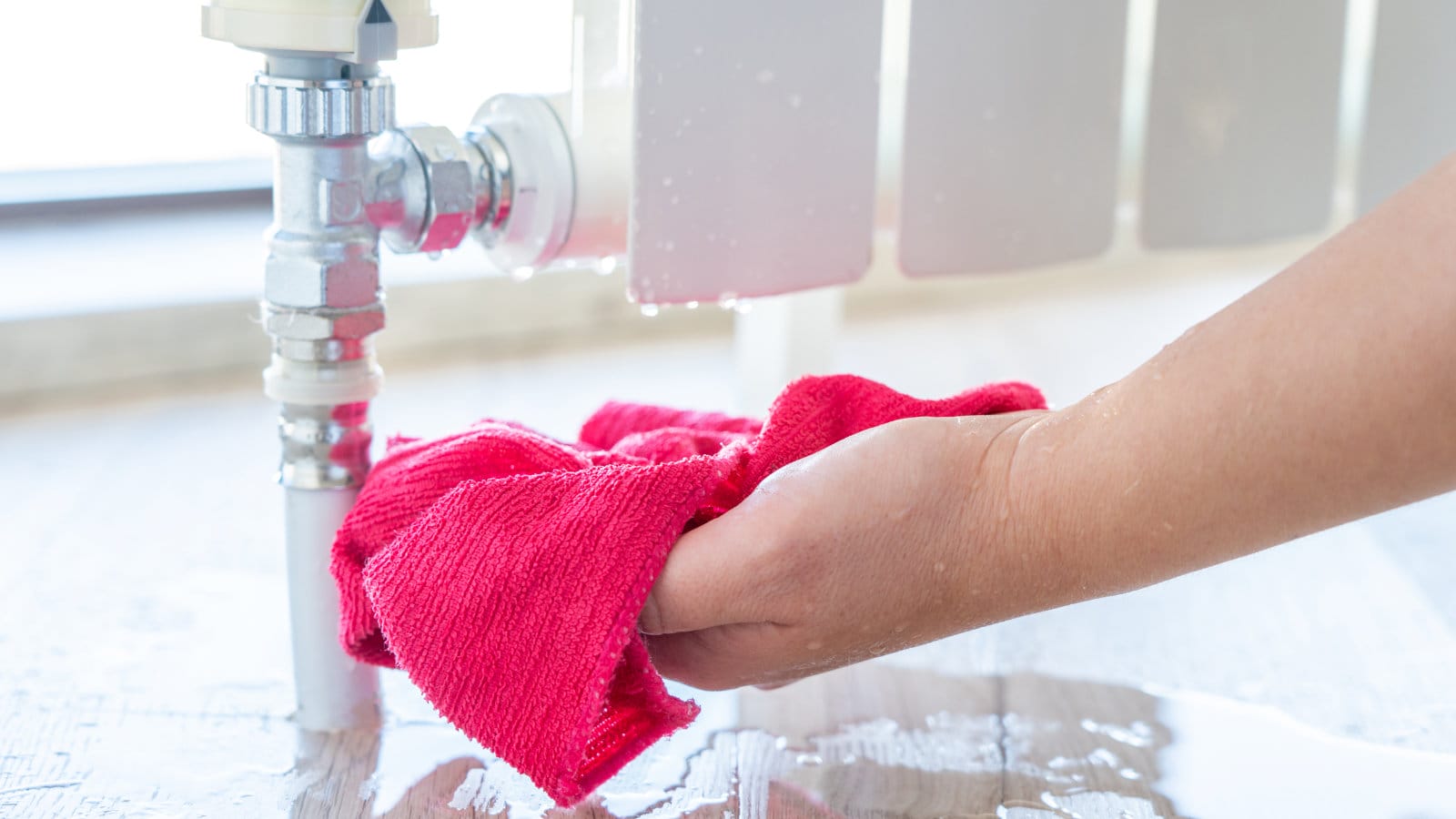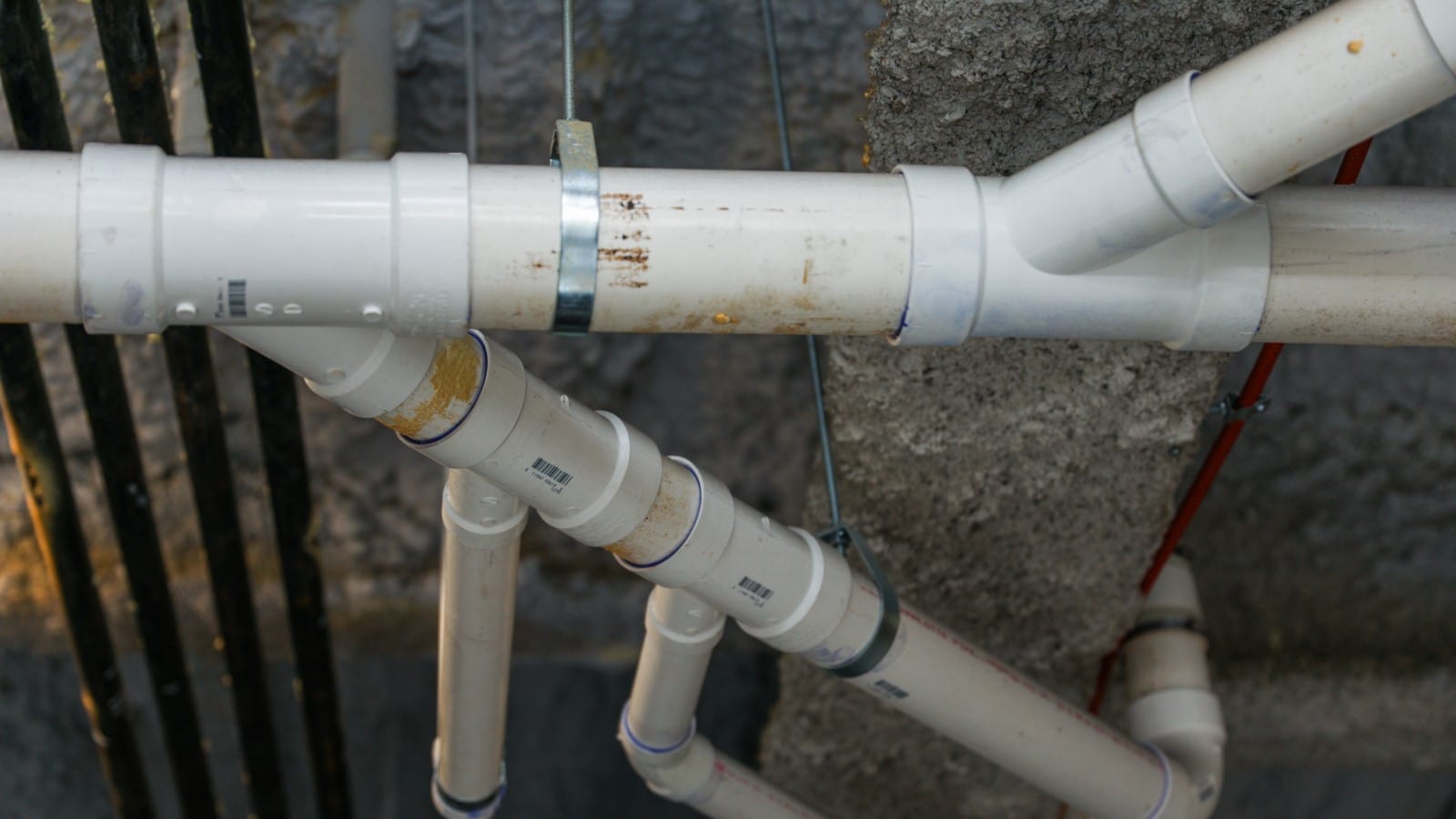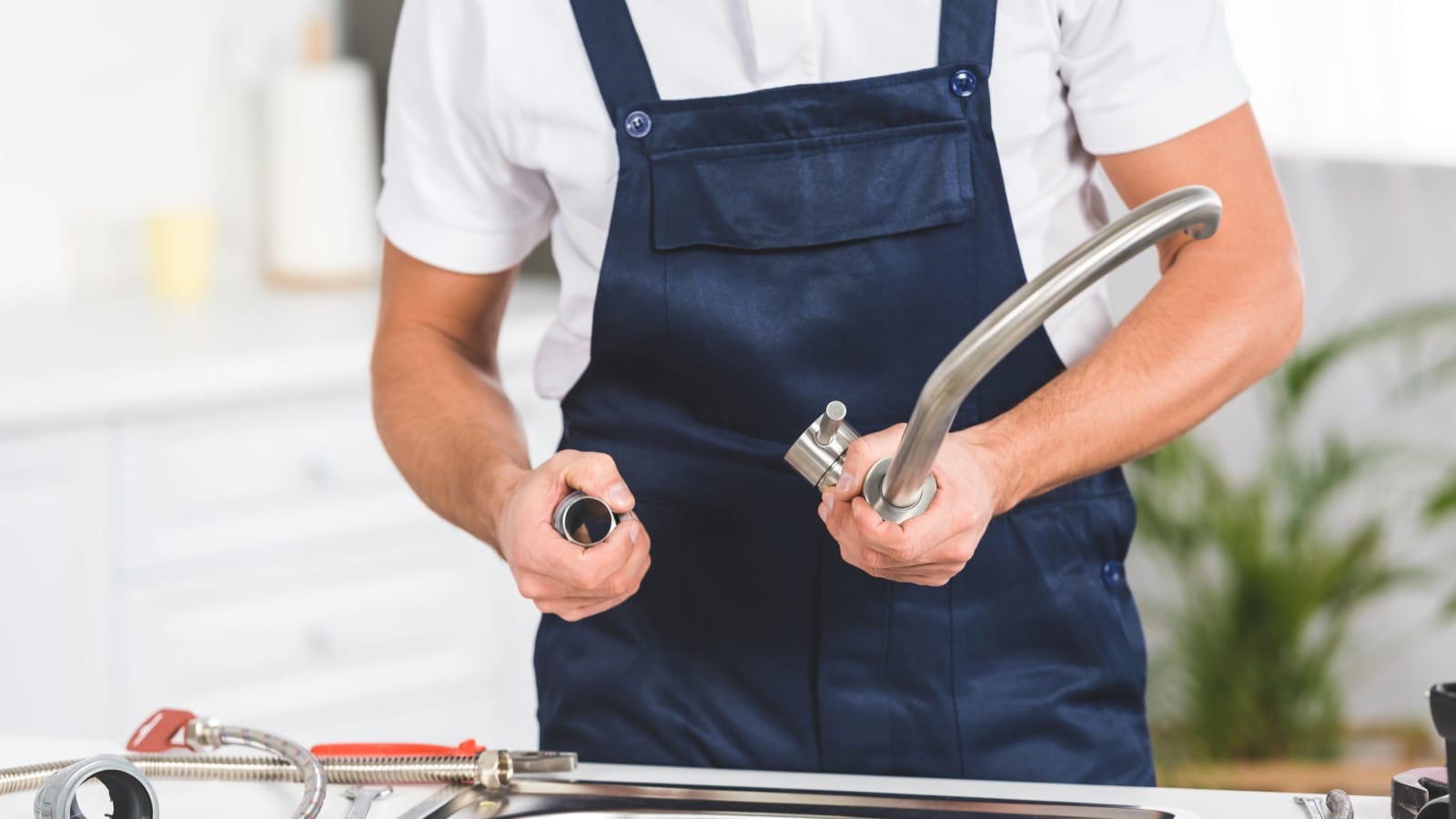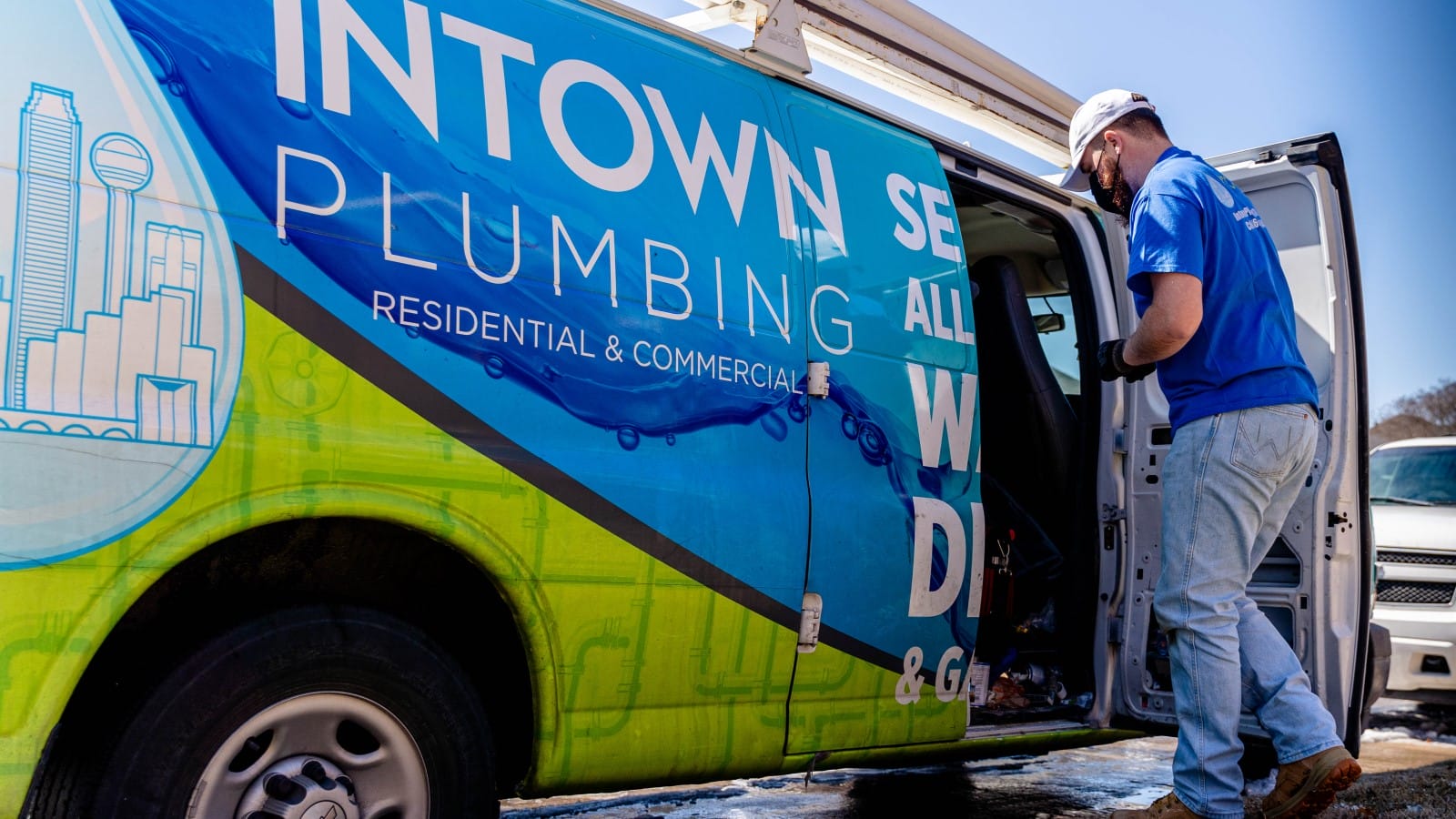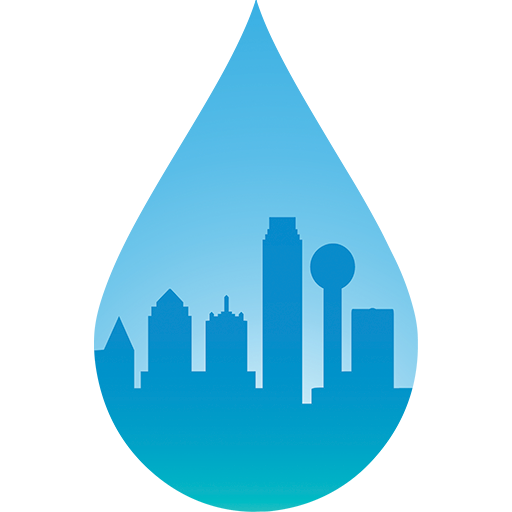In the intricate world of homeownership, unexpected challenges like plumbing issues can quickly become a source of stress and financial strain. Questions such as “Does homeowners insurance cover plumbing?” and “What plumbing problems are actually covered?” are common among homeowners facing the sudden onset of water damage or the gradual discovery of plumbing wear and tear. This guide is designed to demystify homeowners insurance coverage for plumbing issues, offering homeowners in Rockwall.
What You Will Discover:
- Comprehensive Coverage Insights: Unpack the details of homeowners insurance cover plumbing scenarios, including the types of plumbing problems typically covered.
- Understanding Policy Exclusions: Identify common plumbing damages not usually covered by standard policies and how to cover plumbing damage effectively through additional coverage options.
- Proactive Prevention Strategies: Explore expert recommendations to prevent plumbing problems, reducing the risk and potentially saving on out-of-pocket costs.
- Leveraging Insurance for Maximum Benefit: Learn how to ensure your homeowner’s insurance covers the full spectrum of potential plumbing issues, from sudden disasters to gradual damages.
Embark on this journey with us as we delve into the essentials of homeowners insurance and plumbing coverage.
You’ll gain the knowledge and strategies needed to navigate your policy with confidence, ensuring your home remains a safe haven against the unpredictability of plumbing mishaps.
Homeowners Insurance and Plumbing: What’s Covered?
Understanding your home insurance policy is crucial to determining whether it covers plumbing issues. Generally, homeowners insurance policies offer coverage for plumbing problems under certain conditions:
- Sudden and Accidental Damage: If a pipe bursts unexpectedly and causes water damage to your home, your insurance is likely to cover the repairs.
- Water Damage: Coverage often includes water damage resulting from a plumbing issue, provided it’s sudden and unforeseen.
- Leak Repair: While insurance may cover the damage caused by a leak, the cost of repairing the leak itself might not be covered.
Plumbing Issues Often Excluded from Coverage
Not all plumbing problems are covered by homeowners insurance. Common exclusions include:
- Gradual Damage: Damage resulting from a slow leak that has been neglected over time.
- Sewer Backups: Unless you have added specific sewer backup coverage to your policy, most standard policies do not cover sewer-related issues.
- Flood Damage: Standard policies typically exclude flood damage, requiring a separate flood insurance policy.
Preventative Maintenance: Safeguarding Your Home Against Uncovered Plumbing Perils
Understanding the nuances of your homeowner’s policy is vital, especially when it comes to plumbing issues.
Proactive preventative measures not only keep your home’s plumbing in prime condition but also ensure that you’re leveraging your standard homeowner’s insurance to its fullest.
Here’s how to mitigate plumbing mishaps before they escalate:
- Regular Pipe Inspections: Vigilantly monitor your home’s plumbing for any signs of wear and tear. This simple step can significantly reduce the risk of unforeseen plumbing problems, potentially covered under your policy.
- Innovative Leak Detection Systems: Early detection is your best defense against water damage. Installing a sophisticated water leak detection system offers peace of mind, catching leaks before they become catastrophic.
- Optimal Pipe Insulation: Protect your pipes from the ravages of cold weather. Proper insulation is crucial to prevent freezing, a common issue that standard homeowners insurance may cover if it leads to sudden damage.
- Monitor Water Pressure: High water pressure can be a silent culprit behind plumbing issues. Regularly checking and adjusting the pressure can prevent damage that your insurance might not cover.
- Consult with an Insurance Agent: Engage with your insurance agent to understand the intricacies of your policy regarding plumbing maintenance. They can offer tailored advice on how to enhance your coverage.
- Choose the Right Homeowners Insurance Company: Not all insurance providers are created equal. Select a company that offers comprehensive coverage for plumbing damage, ensuring you’re protected against a broad spectrum of issues.
- Consider Water Heater Maintenance: Routine maintenance of your water heater can prevent leaks and damage, potentially covered by standard homeowners insurance, thereby helping to cover the cost of repairs.
By integrating these preventative strategies, you not only safeguard your home against plumbing disasters but also optimize your insurance coverage, ensuring that when the unexpected happens, you’re fully prepared.
Navigating the Claims Process: A Step-by-Step Guide
Initiating a claim for plumbing damage might seem overwhelming, but these straightforward steps can help make the process smoother:
- Capture the Damage: Take thorough photos and videos to document the extent of the damage.
- Minimize Further Damage: Immediately turn off the water source to halt any additional harm.
- Report Your Claim: Contact your insurance provider without delay to inform them of the damage.
- Maintain Detailed Records: Keep a meticulous record of all conversations, repair efforts, and transactions related to your claim.
Additional Home Insurance Coverage for Plumbing Issues
To enhance your protection against plumbing problems, consider these additional coverage options:
- Water Backup Coverage: Protects against sewer backup damage.
- Flood Insurance: A separate policy that covers damage caused by flooding.
- Home Maintenance Insurance: Offers broader coverage for home systems, including plumbing.
Expert Plumbing Tips for Homeowners: Ensuring System Integrity and Coverage
Here are refined practices to keep your plumbing optimal:
- Annual Licensed Inspections: Engage a certified plumber for yearly evaluations. Early detection of potential issues can mitigate plumbing problems that your policy may cover, ensuring small issues don’t escalate into costly repairs.
- Strategic Shut-Off Valve Knowledge: Familiarize yourself with the location of the main water shut-off valve in your home. This knowledge is pivotal in preventing extensive damage, especially in situations where your insurance would cover resulting damages.
- Innovative Clog Prevention: Utilize sink strainers to thwart clogs and abstain from disposing of grease down the drain. These habits can prevent plumbing leaks and damages, which are often covered by homeowners’ policies.
- Understanding Insurance Scope: Be aware that while some repairs and damages may fall under your policy’s coverage, others, like routine plumbing repairs necessitated by negligence, would not be covered. It’s essential to know what your insurance would and would not cover.
- Home Structure Protection: Regular maintenance plays a critical role in protecting the structure of your home from potential water damage. Insurance policies may also cover damage to your home’s structure, emphasizing the value of preventative care.
- Extended Coverage Options: Consider discussing with your insurance agent about add-ons that also cover plumbing-related issues not included in standard policies. These additions can offer peace of mind by covering plumbing repairs and mitigating out-of-pocket expenses.
By adhering to these expert tips, homeowners can not only ensure their plumbing system remains in top-notch condition but also leverage their insurance policy more effectively. Preventative measures can significantly impact whether an issue is covered, helping to safeguard your home’s structure and financial well-being.
Navigating Home Insurance for Plumbing Peace of Mind
In the labyrinth of homeownership, understanding your home insurance policy’s nuances regarding plumbing issues is paramount. This guide has shed light on the coverage typically provided for sudden and accidental damage, such as burst pipes and the resultant water damage, emphasizing the importance of proactive maintenance and the consideration of additional coverage options to mitigate unforeseen expenses. Here’s a streamlined recap of essential insights:
- Coverage Clarity: Homeowners insurance generally covers unexpected plumbing damages, including burst pipes and the water damage they cause, offering a safety net for sudden mishaps.
- Exclusion Awareness: Be mindful of what homeowners insurance does not cover, such as gradual damage from neglected maintenance, emphasizing the need for vigilance in-home care.
- Preventative Practices: Regular inspections, leak detection systems, and understanding your policy’s scope can prevent issues that insurance might not cover, safeguarding your home’s integrity.
- Insurance Navigation: Knowing when insurance will not cover water damage or specific plumbing problems empowers homeowners to seek additional protections, ensuring comprehensive coverage.
By embracing the expert advice and preventative strategies detailed in this guide, homeowners can confidently manage their insurance policies, ensuring their homes are protected against the unpredictability of plumbing issues. This proactive approach not only secures your home’s structure but also optimizes your insurance benefits, providing peace of mind in the face of potential plumbing concerns.
